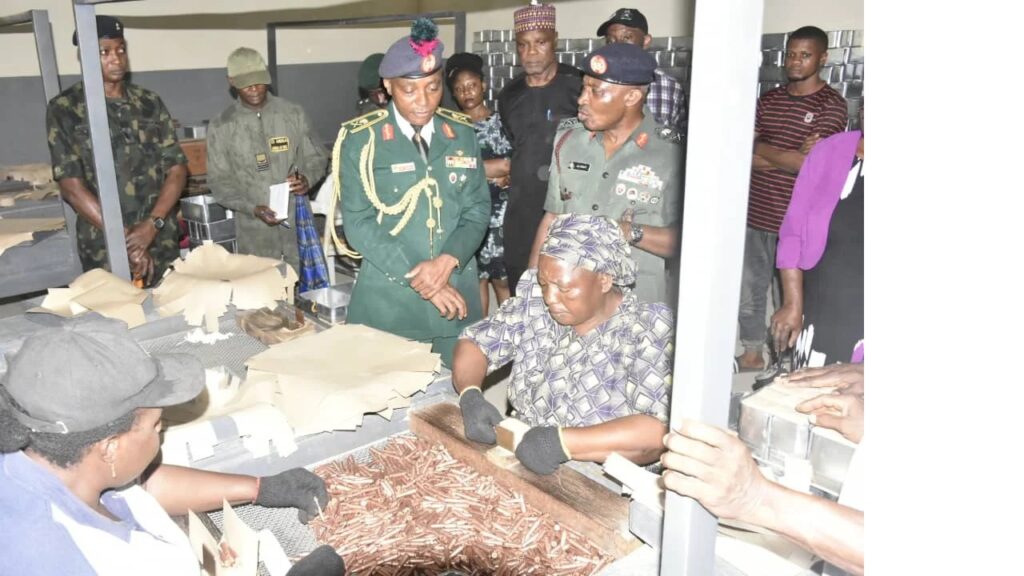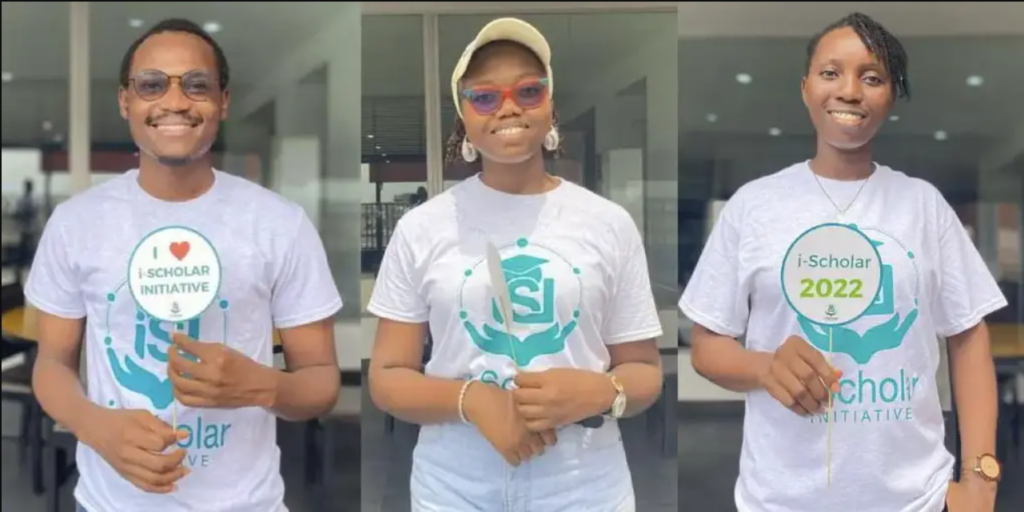
Lagos State Government has planned to adopt groin technology used in other African countries to preserve and protect coastline communities in the state from going into extinction as a result of the impact of coastal erosion.
In a statement, yesterday, Commissioner for Waterfront Infrastructure Development, Yacoob Ekundayo Alebiosu, disclosed this while speaking on the impact of erosion on the Lagos coastline.
Some of the communities already ravaged by coastal erosion include Idotun, Origanrigan, Olomowewe, Itoke and Asoroko in Ibeju-Lekki. The commissioner said that the state would aggressively be working to curb the ugly tide with the introduction of new and cheaper technology already used by some African countries.
Groin technology involves the engineering and construction of structures, taking into consideration wave action, sediment transport, and environmental impact. It is often part of coastal management and protection efforts to maintain beaches and shorelines in the face of erosion caused by natural processes or human activities.
The structures are built perpendicular to the shoreline, often using rocks or concrete to prevent or reduce beach erosion. These structures are called groins, and they work by trapping sand that is carried along the shoreline by waves and currents. By trapping sand on one side of the groin, they can help build up or maintain a beach on that side, while also creating a more stable environment for structures like piers or harbours.
Alebiosu, while speaking on what the state is doing to assist the communities along the coastline, said that erosion is an act of God and the most that could be done is to mitigate it.
He said the Netherlands Consular led some Dutch companies to the ministry some weeks ago to see how they could collaborate and that they are expecting some other people in a couple of weeks.
“We are not looking at groins alone; we are also looking at replenishment as they do in the Netherlands. We are looking at doing it for a long term, and we need the Federal Government and other private people to come together to protect the coastline.
“But the interesting thing is that we have identified some African countries that have had to deal with the same challenge using better groin technology which is cheaper.
“We are studying it, but we still want to be more convinced about it before we commit ourselves. We want the people whose communities and means of livelihood are threatened to be patient with the government as the solution is near,” Alebiosu assured.












